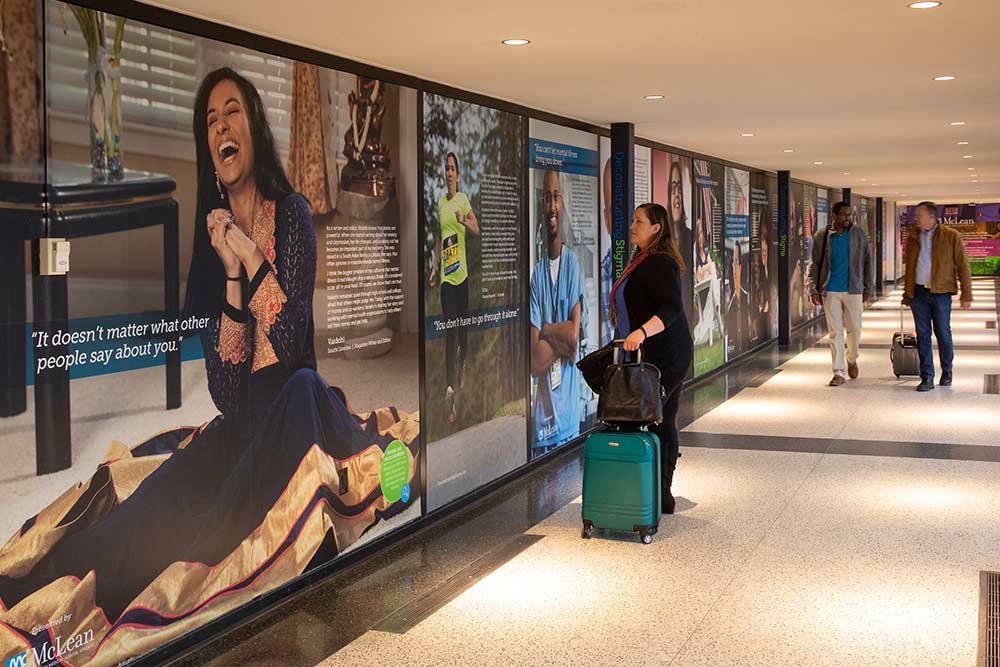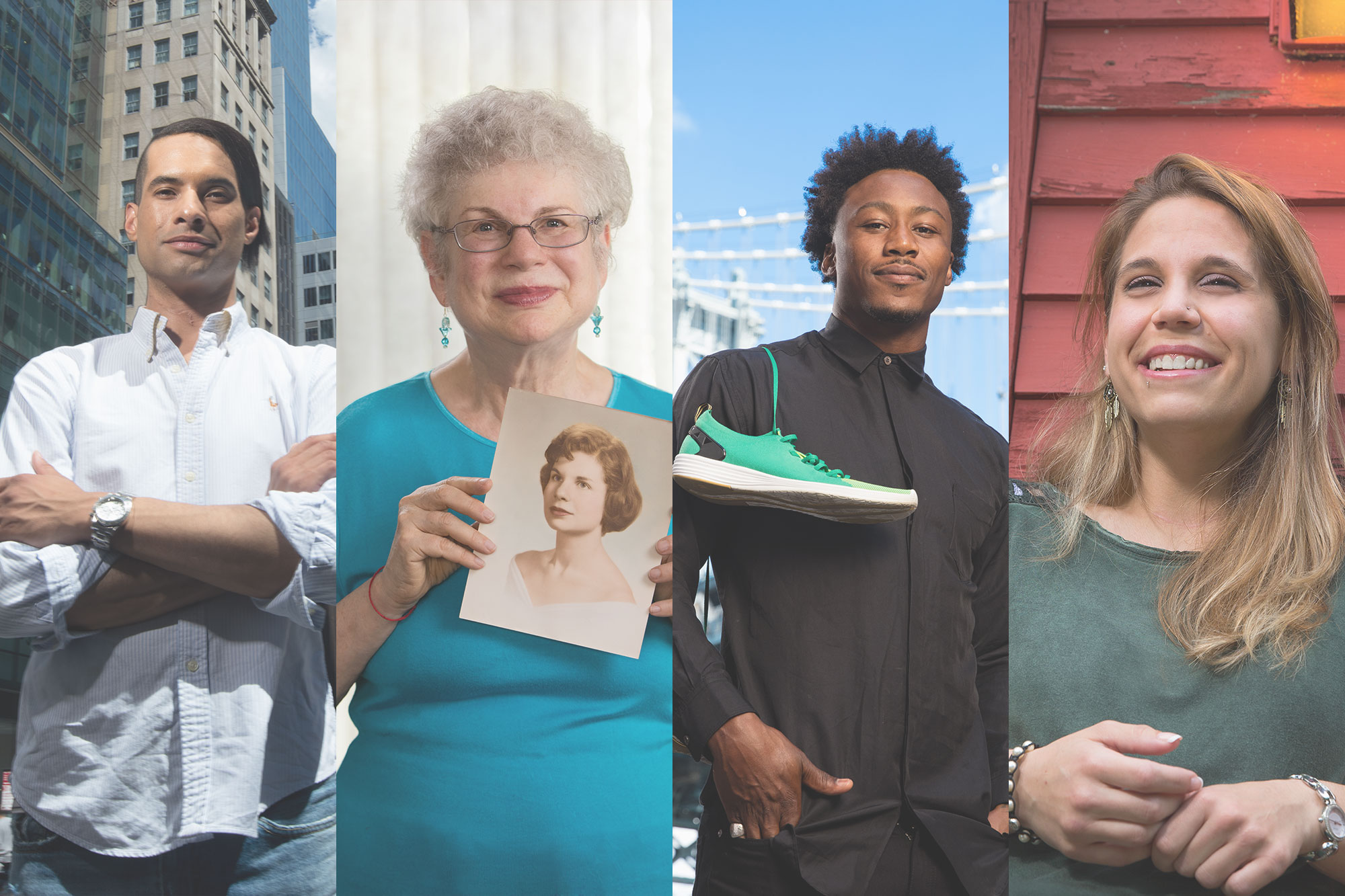No matter how long it takes, you can get better
When Marena was 15, she began to experience unrelenting depression.
I always felt the weight of the world. I started to think about suicide and self-harm while in high school and college. I isolated myself and often missed class because I couldn’t get out of bed.
She was diagnosed with major depressive disorder and generalized anxiety disorder. A few years later, she received a diagnosis of obsessive compulsive disorder (OCD), as well. Marena’s OCD centers on contamination; specifically, the fear of germs or getting sick from food.
My anxiety and OCD go hand-in-hand. I have certain criteria when I’m cooking. At friends’ homes, I subtly check expiration dates on condiment bottles. When I eat out, I have a mental list of things that make the food “safe” in my mind. The need to control the food and eating creates a swirling mess in my head.
To Marena, the diagnoses of anxiety and OCD made sense, and therapy helped. However, she experienced no change in her depressive symptoms. The low energy, sadness, and feelings of hopelessness she experienced interfered with activities she enjoyed in high school and college, such as volleyball and photography.
I would hear stories of people experiencing depressive episodes that lasted a certain amount of time, and mine just felt never-ending. I experienced suicidal ideation almost every day. I went seven years without having a break in my symptoms.
Some days, they would be much worse than others. But even when I was feeling happy, I would still feel this weight on my shoulders.
Marena thought because she hadn’t had any periods of remission, her depression was different from what other people experience.
I thought I was never going to get better, and recovery wasn’t for me.
When she was 22, however, she reached a turning point when her therapist changed her major depressive disorder (MDD) diagnosis to persistent depressive disorder (PDD). The more accurate diagnosis validated Marena’s experience and gave her hope.
It helped me understand that this is why I have longer-term symptoms, but also why I’m able to do daily tasks that some other people with depression report not being able to do, like showering or going to work.
Marena reframed her view of depression. Now that she recognized the tenacity of PDD symptoms, she felt empowered to cope with them. She also felt inspired to raise awareness about the condition.
People are not very knowledgeable about this type of depression.
Marena, who now owns her own photography business, is a volunteer with the National Alliance on Mental Illness (NAMI), sharing her experience with PDD, anxiety, and OCD to live audiences.
When Marena was in high school, she also gave presentations about her mental health, but was met with stigma.
I received negative comments that I was attention-seeking. I was worried I would be treated differently and that people would walk on eggshells.
Marena’s experience with NAMI, though, led to greater self-acceptance and an ability to articulate her reality.
In the past, having these mental health conditions felt pretty isolating, and made me feel like there was something wrong with me. I worried if people close to me saw too much of my mental health conditions, it would be too much for them. I work with NAMI Massachusetts because it’s a space where it’s more normalized to have these conversations.
For Marena, it is equally helpful to hear other presenters’ stories. She recalls the story of a fellow NAMI participant who was about 65 years old, whose way of articulating his experiences was similar to her own.
When I describe my symptoms, I talk about feeling like I was moving through molasses, and he talked about feeling like he was moving through Jell-O.
It was wild to hear his experience with anxiety and depression and to know, ‘Oh, you’ve lived a full, beautiful life and you’re continuing to do so’ and here I am, 40 years younger. There is hope for me to live a good life, even with these conditions.
Today, Marena still finds it challenging to get out of bed some mornings. She still experiences feelings of sadness and worry from time to time. However, she can also focus on her career. She can find joy in her relationship with her girlfriend and friends, and experience awe as she walks along the Maine coast or reaches the top of a wall when rock climbing.
I want people to know that if they don’t feel better at first, recovery is still possible. I hope people will know that no matter how long it takes, you can get better.

